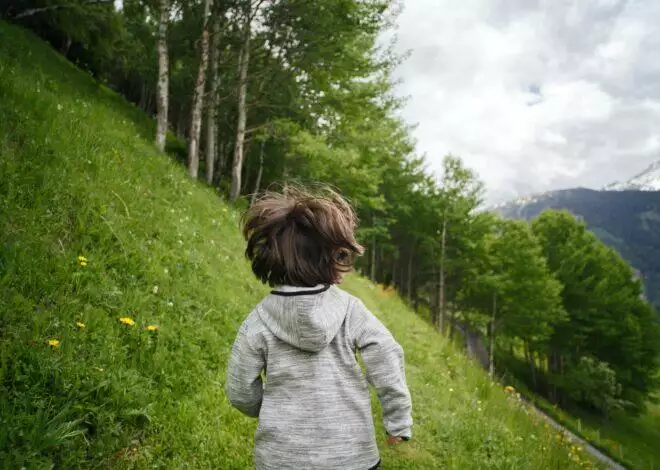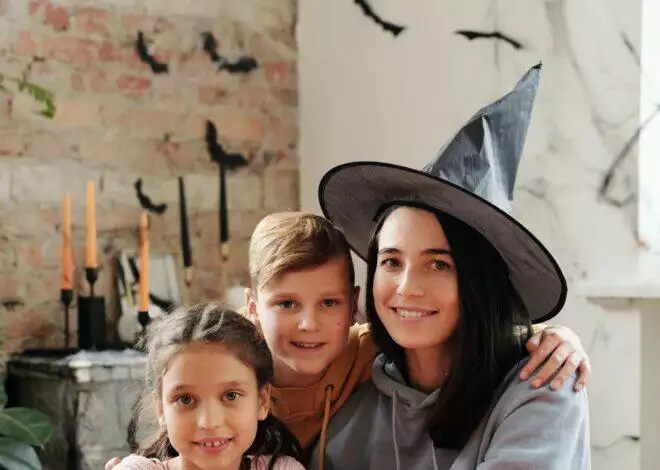Activities & Games for Kids
Whether you are planning curriculum for the classroom, the itinerary for a party or how to pass the time on a rainy afternoon, games and activities make the difference. Kids’ games do more than teach skills. They help build community, reach children with diverse learning styles and encourage teamwork and good sportsmanship. Before planning children’s games and activities, take into account the group size, the facilities and the age range of the intended participants. All of these will help you make the best decision in picking the right games!
Different Kinds of Games
Competitive sports, such as baseball or soccer, work well with larger groups of children who have similar skill levels! Plus, they all require teamwork which will serve as a valuable lesson that the children can take with them long after the party is over. Playground and street games, like hide and seek or Freeze Tag, incorporate anyone who wants to play. Board games, such as Sorry! and Clue, help children focus and strategize while still providing a lot of laughs. Circle games, like Down By the Banks of the Hanky Panky and Operator, encourage players to cooperate.
Integrate Entertainment and Play
Kids’ games and activities may involve winning and losing, but the best activities also provide entertainment during game play. Simple activities, such as water fights, blowing bubbles, sculpting with clay, painting, dancing, building with blocks or having a tea party, provide a less-structured diversion with no defined ending. Plus, with activities like painting and dancing, they get to show off their creative side! Games, such as charades, Follow the Leader, Mother May I, Duck Duck Goose, Simon Says and the Hokey Pokey, encourage children to move, dance, sing and interact.
Eliminate Scoring!
Younger children have a tough time following too many rules or being tagged "out" early on in a game. Make competitive games more fun for them by eliminating score-keeping, allowing extra turns or having older players do certain parts of the game backward or with their weaker hand.
Set a Positive Mood
Cooperative games engender positive group spirit. Have children work together to build a tower of boxes or blocks in less than 10 seconds or to match a laundry basketful of socks before you count to 20. Try silly games like Baby I Love You. In this game, a leader tries to make players smile or laugh, and players must respond with a straight face and say, "Baby, I love you, but you just can’t make me smile."
Keep them Entertained!
No single game or activity keeps every player occupied for a lengthy amount of time. Have back-up activities ready for drifters or children with shorter attention spans. After all, you want everybody to have a good time. In general, preschool children stick with an activity for 10 or 15 minutes, primary school children for up to 30 minutes, and older children for up to an hour.




